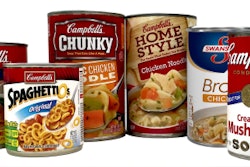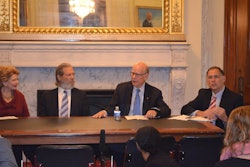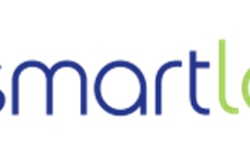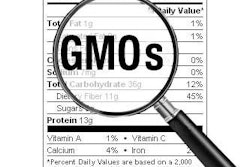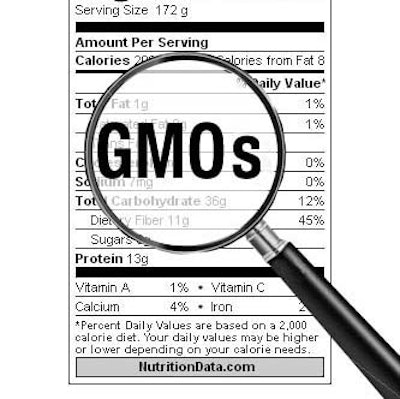
Federal lobby disclosure forms from big food and biotechnology companies, and their trade groups opposed to mandatory GMO labeling reveal a surge in lobbying expenditures during the first half of 2015, according to an analysis by Environmental Working Group (EWG).
A major reason for the explosion in lobbying money is the food industry’s support for the Deny Americans the Right to Know – or DARK – Act (H.R.1599), which the House passed last month by a vote of 275 to 150. The legislation blocks state GMO labeling laws, blocks state laws prohibiting “natural” claims on GMO foods, and makes it virtually impossible for FDA to create a mandatory national GMO labeling system.
In a break from last year, several large food manufacturers that had previously stayed out of the GMO labeling battle spent big lobbying Congress. These included Unilever ($640,000) and Ocean Spray ($100,000).
“It appears these companies got the memo, and have gone all in to fight mandatory labeling of GMO foods,” said Libby Foley, a policy analyst with EWG and the author of the report.
Foley’s analysis shows that Coca-Cola ($5,040,000), PepsiCo ($3,230,000), Kraft ($1,180,000), Kellogg’s ($1,310,000), General Mills ($1,100,000), and Land O’Lakes ($720,000) disclosed the largest lobbying expenditures that mentioned GMO labeling. The figures cover the period from January 2015 through the end of June.
The Grocery Manufacturers Association reported expenditures of $5.1 million that mentioned GMO labeling and hired 32 lobbyists exclusively to advocate for legislation to block state and federal GMO industry lobbying dwarfed expenditures reported by GMO labeling advocates.
“The gap between the amount of money spent by Big Food and that spent by public interest groups is simply mind-boggling,” Foley said.
http://www.ewg.org/release/big-food-companies-spend-millions-defeat-gmo-labeling
Editors Insight: The food industry has to be clear about where it stands on GMO labeling in order to prevent public misunderstanding of its position. Food safety concerns are more important than ever today and the industry has to recognize this and act accordingly. This announcement from the Environmental Working Group demonstrates the food industry has a messaging job to do.
The Food Marketing Institute and the National Grocers Association released a statement on July 23, 2015 about the recently passed GMO labeling legislation:
“Having a clearly defined national labeling standard to identify the GMO content of food products is essential if we hope to avoid adding to consumer confusion about GMOs and if we wish to elude unnecessary impediments to interstate commerce, both of which would result from a state-by-state patchwork of muddled, differing and conflicting GMO labeling laws. House passage of H.R. 1599 is a critical first step in the right direction.”
The Environmental Working Group is trying to portray the food industry as being opposed to mandatory GMO labeling. This and like-minded groups are getting their message out to the public, based on a review of Internet news searches on the subject.
For supply chain companies, the order of business is to understand the tools they will use in gathering and communicating all types of food data. The food labeling debate and other debates increase consumers’ and lawmakers’ awareness of how to access food data.
GMO data is only one type of data that the supply chain must keep track of.
Supply chain service providers have plenty of data management tools that are pivotal to creating not only food labels, but data for all types of food related activities. 8-4-15 By Elliot Maras




